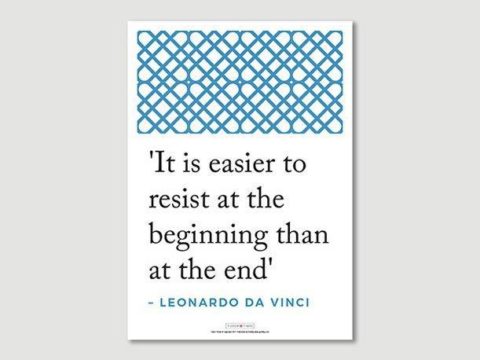Margaret Tudor: Life Story
Chapter 14 : Conflicting Loyalties
Margaret appears to have been thoroughly taken in by Dacre’s protestations of a desire for peace and Henry’s assurances that he was only attacking Scotland to preserve his nephew from the evil influence of Albany. She wrote to her brother, thanking him for his good intentions, and asking for an abstinence of war until Michaelmas, when Albany would return, and would either accept a truce, or, if he broke it, would then be the aggressor.
Dacre began to doubt his plan would work, as it was apparent to him that the Scots nobles still trusted Albany more than Henry or Margaret. Nevertheless, he still advised waiting till October for Surrey to make a concerted attack, although, in the meantime, Kelso was burned. Despite the constant warfare, trade continued. Dacre asked Surrey to put a stop to the export of corn – it was selling at 10d a bushel in Newcastle, but fetching 40d in Scotland.
Margaret continued to correspond with Surrey and Dacre – probably from good motives, believing that James and Scotland would be better off allied with England than with Scotland. The English were certainly taking advantage of her naivety and encouraging her to gain control of James and bring him into England. She was not entirely happy about the English incursions into Scotland, and Surrey had to reassure her that if ‘more hurt’ were done to her adopted country, it would be the fault of the noblemen who had listened to Albany. He would try to ensure that her own jointure lands were not harmed.
In his next letter, Surrey told Margaret that he did not believe Albany would really return, and that François would not dare to send Richard de la Pole with him if he did. De la Pole was the Yorkist pretender to the throne, who had been harboured in France for twenty years. The very mention of him would have been enough to keep Margaret on-side with her brother, as he would be a powerful tool in the hands of the Scots.
More pressure was put upon Margaret to undermine Albany’s authority. Dacre and Surrey continued to assert that he meant to dispatch James and steal his crown. Although her own observations should have shown this to be nonsense, it is not hard to believe that she would be influenced by her brother. Dacre promised that Henry did not want to do real damage to Scotland, just to free James and his country from tyranny.
The blandishments of Surrey and Dacre began to take effect. On 31st August, she took James to the Tolbooth in Edinburgh to make a speech before the Estates. In it, he pleaded to be allowed more liberty (he was kept closely guarded for fear of abduction) so that he could negotiate with his uncle personally.
The Scots Lords were beginning to wonder if Albany were more trouble than he was worth. James was given new supervisors, who allowed him more freedom, but they still awaited Albany’s return – unwilling to act against him if he did not miss his promised return date.
Margaret urged Surrey to march towards Edinburgh in the apparent belief that it would cause the Scots Lords to abandon Albany. He responded that he did not have sufficient supplies to do so. Nevertheless, to keep the risks of supporting the Duke at the forefront of Scots minds, Surrey burnt Jedburgh on 20th September. On the same day, Albany returned with French reinforcements, details of which were passed to the English by Margaret.
Albany and his force crossed the border in an attempt to capture Wark Castle, but it had been heavily fortified by Dacre, and, as the weather deteriorated, the Scots force began to disintegrate. In the face of increasingly bad winter weather, Albany was obliged to retreat to Edinburgh. Scotland could not afford to pay the French soldiers, who left for home. Finally giving up on Scotland, which had been nothing but a burden to him, Albany sailed for France in May 1524, never to return.
Margaret, Queen of Scots
Family Tree




